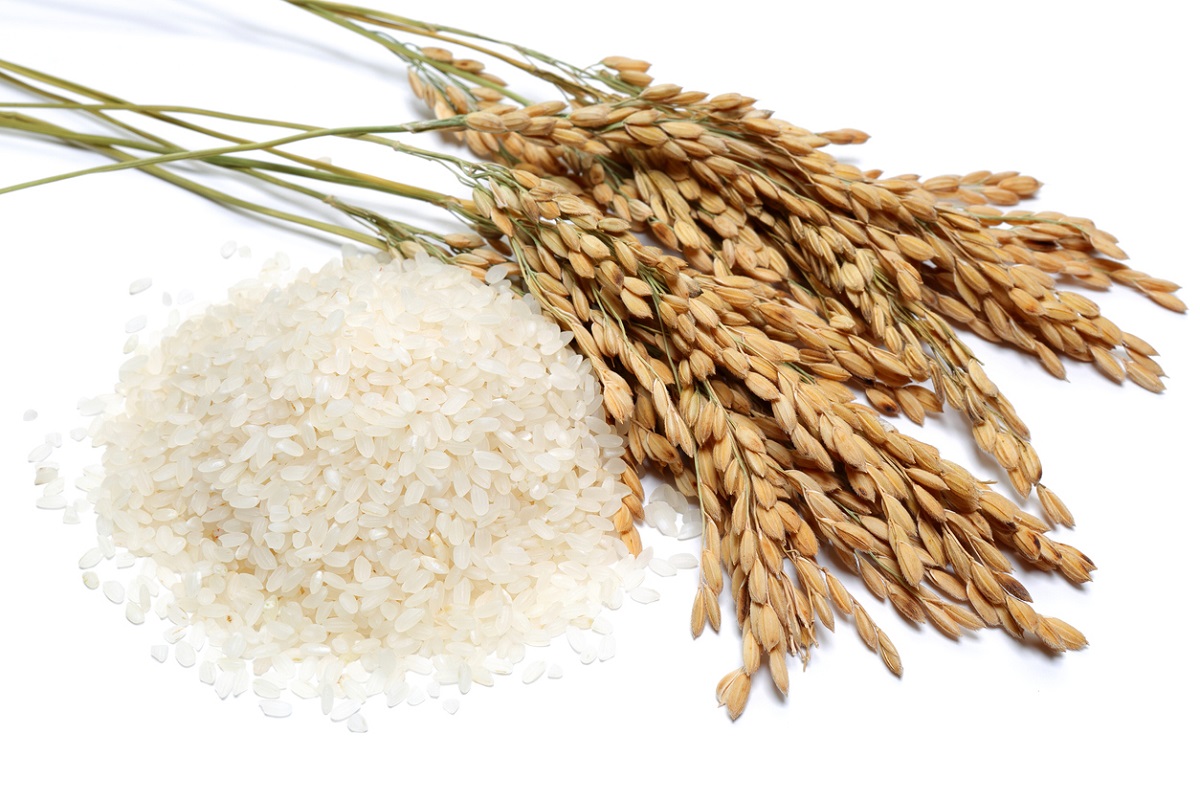
GM Rice Provides Natural Source of Antihypertensive Agents
July 1, 2020| |
Researchers were successful in developing a genetically modified (GM) rice that can reduce high blood pressure when consumed, without any side effects.
Scientists from the Chinese Academy of Sciences genetically modified a variety of rice by introducing a gene that consisted of nine angiotensin converting enzyme (ACE)-inhibitory peptides plus a blood-relaxing peptide linked together. ACE inhibitors are synthetically-produced drugs used to treat hypertension but are known to have a variety of side effects ranging from skin rashes to kidney impairment. However, the ACE inhibitory peptides introduced into the GM rice came from natural sources and are known to have fewer side effects. Some examples of food sources of natural ACE inhibitory peptides are milk, eggs, fish, meat and plants.
Once the researchers were able to confirm that high levels of peptides were present in the GM rice, they extracted the peptides from its seeds and intragastrically administered them into hypertensive rats. The rats were observed to have a significant decrease in their systolic blood pressure after only two hours. Moreover, it was also observed that the rats fed with GM rice flour for five weeks had consistent improvement and remained so a week after the treatment stopped. The researchers also noted that there were no effects on growth, development, or blood chemistry of the treated rats. They concluded that their work can be an alternative source of natural antihypertensive agents should the peptides have the same effect on humans.
Read the published findings in ACS' Journal of Agriculture and Food Chemistry and the report in Science Daily.
| |
You might also like:
- Plant Viruses Found to Potentially Treat Diabetes, Arthritis
- Mexican Researchers Develop GE Tomato that Decreases Hypertension
- GM Soybean Oil Causes Less Obesity and Insulin Resistance
- Pocket K No. 26: Molecular Pharming and Biopharmaceuticals
Biotech Updates is a weekly newsletter of ISAAA, a not-for-profit organization. It is distributed for free to over 22,000 subscribers worldwide to inform them about the key developments in biosciences, especially in biotechnology. Your support will help us in our mission to feed the world with knowledge. You can help by donating as little as $10.
-
See more articles:
-
News from Around the World
- Webinar: Bio-entrepreneurship Opportunities in Genome Editing
- African Women for Biosciences Embrace Social Media for Communicating Science
- Study of 100 Varieties Reveals Tomato's Hidden Mutations
- 15 Canadian Universities Sign Charter to Address Climate Change
- Scientists Complete Field Trial of Swedish Transgenic Trees
- EFSA Releases Scientific Assessment of GM Maize MZIR 098
- Plant Gene to Boost Phosphorous Intake
-
Research Highlights
- GM Rice Provides Natural Source of Antihypertensive Agents
-
Plant
- Gene Editing Leads to High Yield and Enhanced Aroma in Rice
- Computational Biology Experts Expand Genome Editing Applications
-
Read the latest: - Biotech Updates (January 21, 2026)
- Gene Editing Supplement (January 28, 2026)
- Gene Drive Supplement (February 22, 2023)
-
Subscribe to BU: - Share
- Tweet

